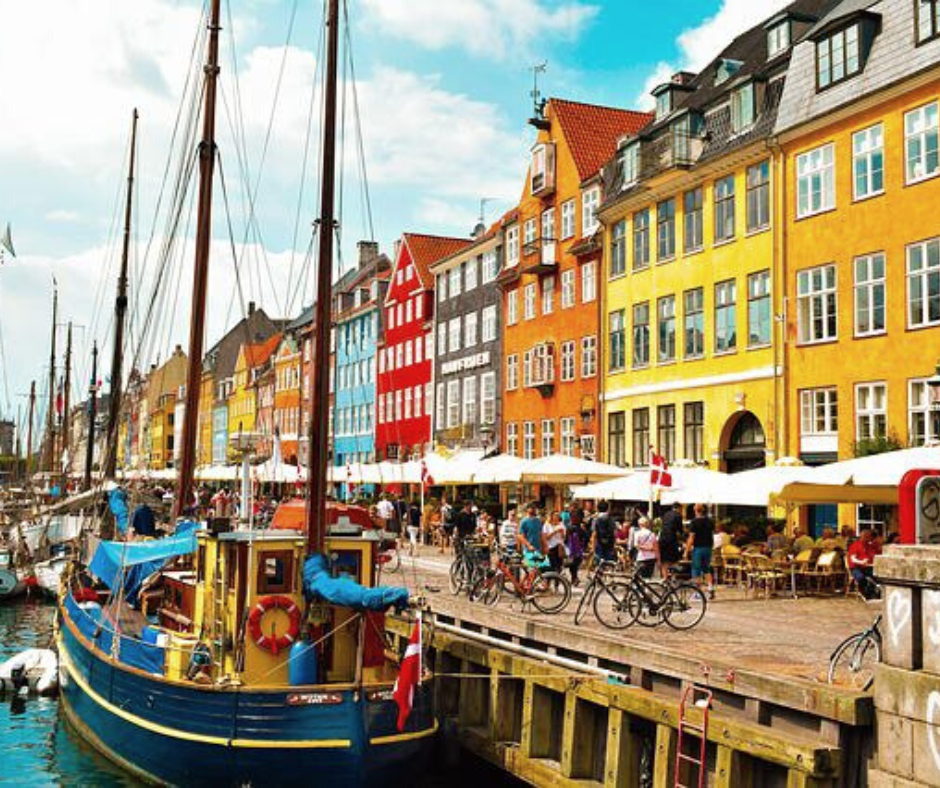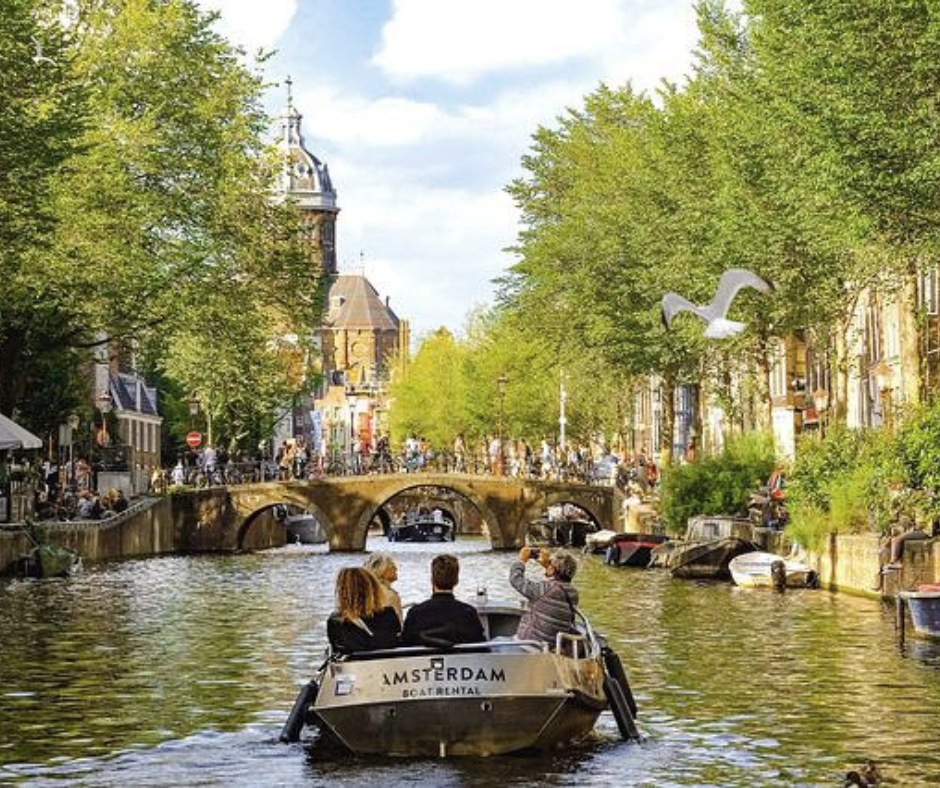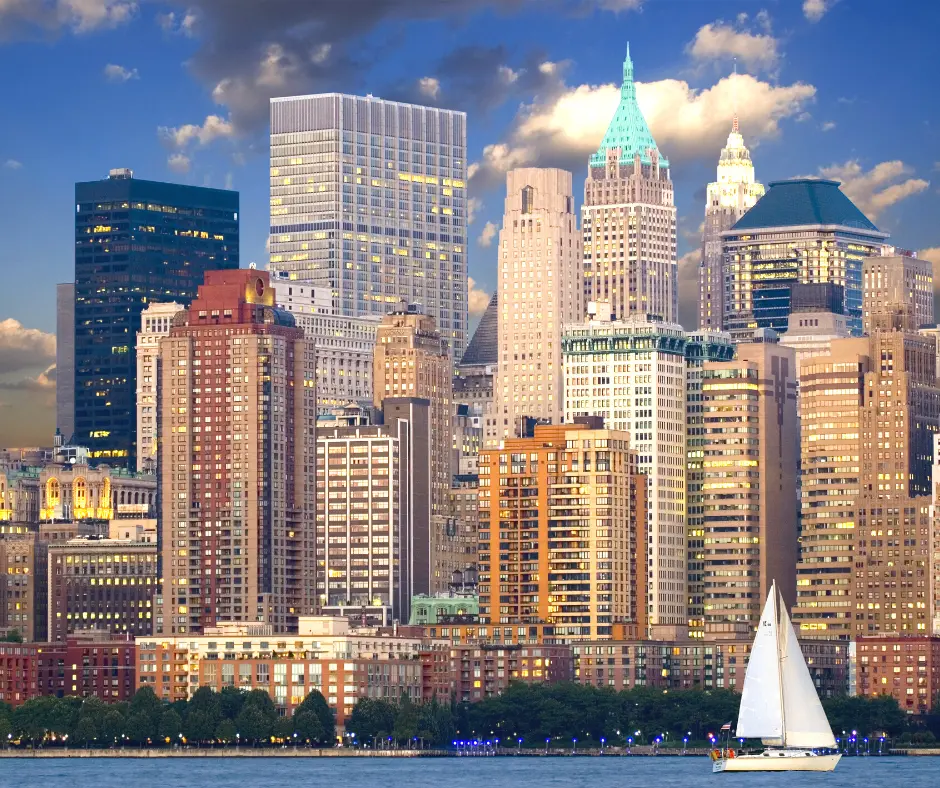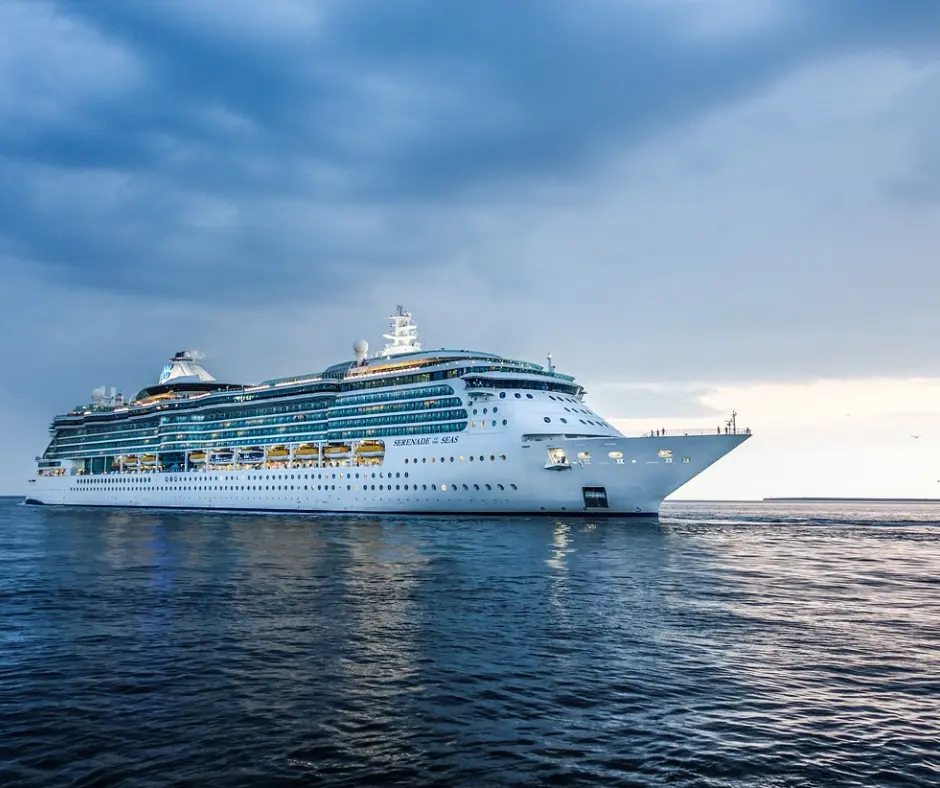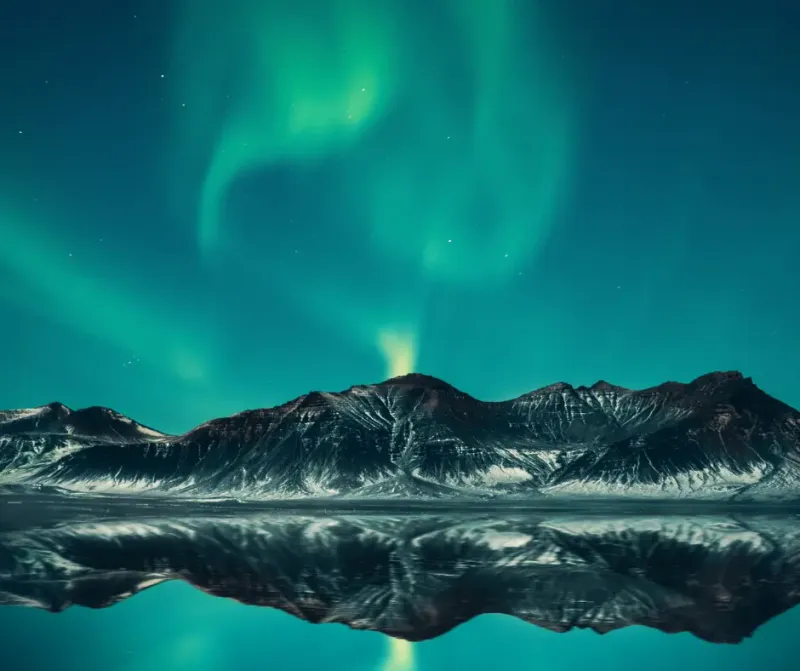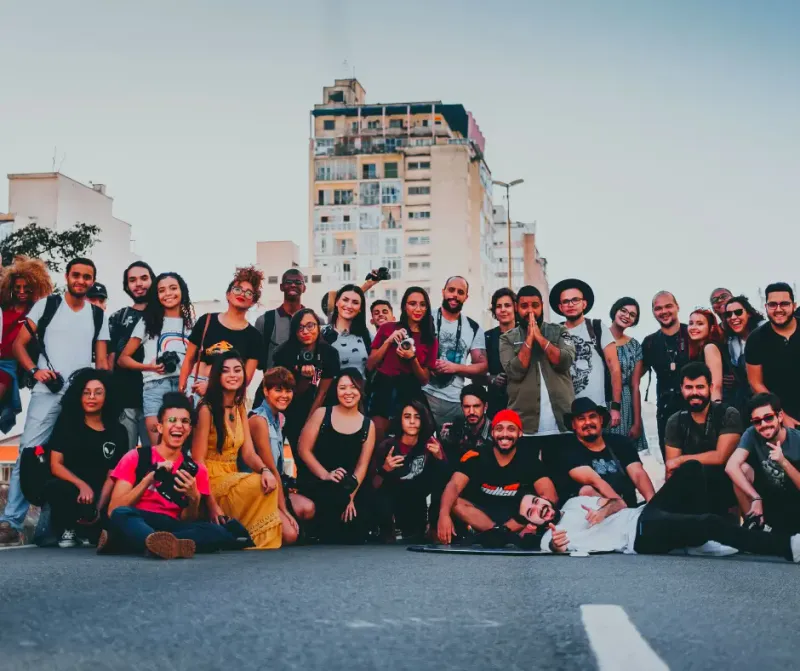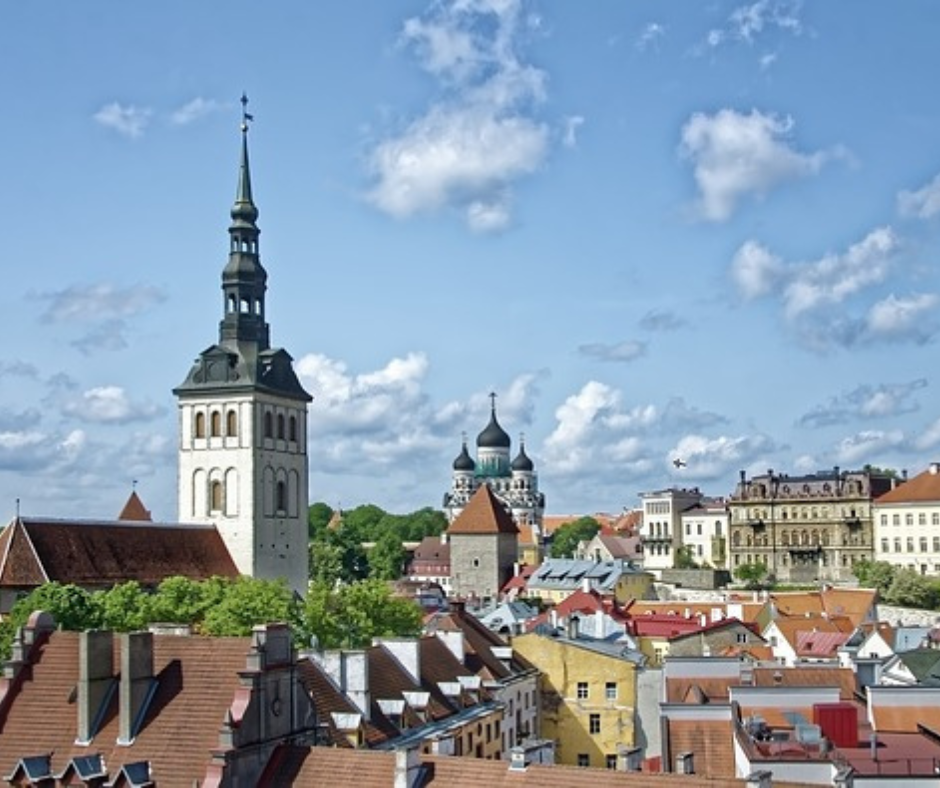Iceland, a small island nation situated in the North Atlantic Ocean, is a destination unlike any other. With its rugged landscapes, icy glaciers, and steaming hot springs, Iceland is a land of contrast and wonder.
One of the defining features of Iceland is its geothermal activity, which powers much of the country's energy needs. From the spouting geysers of the Golden Circle to the soothing waters of the Blue Lagoon, Iceland's natural hot springs are a must-see for any traveler.
But Iceland is more than just its natural wonders. It's a country that's embraced modern technology and connectivity, making it an ideal destination for digital nomads and remote workers. With fast and reliable internet available even in remote areas, Iceland offers a unique balance of rugged wilderness and cutting-edge connectivity.
And Iceland's culture is just as captivating as its landscapes. From the rich history of the Viking era to the vibrant contemporary art scene, Iceland is a place that celebrates diversity and innovation.
So whether you're seeking adventure, inspiration, or simply a change of scenery, Iceland is a destination that will leave you spellbound.
🌱 Travel health insurance for Iceland
🇮🇸 Entry requirements for Iceland
- Valid visa: Most EU/EEA passport holders can enter Iceland without a visa and stay for up to 90 days. Non-EU/EEA citizens may need to apply for a Schengen visa. Visa requirements for US passport holders depend on their length of stay and the purpose of their visit. Generally, US passport holders can stay in Iceland without a visa for up to 90 days.
✈️ How to get to Iceland
- Plane: The most common way to reach Iceland is by air. The country's main airport, Keflavík International Airport (KEF), is located about 50 kilometers southwest of Reykjavik, the capital city. There are direct flights to Iceland from many major cities in North America, Europe, and Asia, as well as connecting flights from other parts of the world. Icelandair and WOW air are two of the major airlines that operate flights to Iceland.
- Boat: It is also possible to reach Iceland by sea. There are regular ferry services from Denmark, the Faroe Islands, and the Westman Islands, which are located off the south coast of Iceland.
🏡 How to find a place
- Airbnb: Airbnb is a popular platform for short-term rentals in Iceland. You can search for apartments, houses, and even unique accommodations like igloos or cabins. Many of the properties listed on Airbnb are owned by local Icelanders and offer an authentic experience of the country.
- Booking.com: Also in Iceland, this is one go-to option if you are searching for an apartment in Iceland.
- Vrbo: Vrbo is a vacation rental platform that offers a range of properties in Iceland, including apartments, houses, and villas. You can search for properties based on your travel dates, location, and number of guests.
- Facebook Groups: There are several Facebook groups dedicated to short-term rentals in Iceland, such as Away from Home - For Rent in Iceland / Til leigu á Íslandi, Apartment for rent in Reykjavik, Iceland, or Leiga á Íslandi - Rent in Iceland. These groups allow you to connect with local hosts and property owners and find affordable and unique accommodations.
🚌 Public transport
- Buses: There are several bus companies that operate in Iceland, including Strætó, which runs public bus services in Reykjavik and the surrounding areas, and several private bus companies that operate intercity services. The buses are modern and comfortable, and the routes cover most of the major tourist destinations in Iceland. The schedules and fares can be found on the bus company's websites.
- Taxis: Taxis are available in Reykjavik and other major towns in Iceland. They are generally safe and reliable, but they can be quite expensive compared to other forms of public transport. It's best to check the fares beforehand and to agree on a price with the driver before getting into the taxi.
- Rental cars: Renting a car is a popular way to explore Iceland, especially if you plan to visit remote areas that are not covered by public transport. There are several car rental companies in Iceland, and you can choose from a variety of vehicles, including 4x4s and campervans. However, it's important to note that driving conditions in Iceland can be challenging, especially in winter, and it's essential to be well-prepared and cautious.
🏘 Where to stay in Reykjavik
- Miðborg: This is the downtown area of Reykjavik and is the heart of the city. Miðborg is where you'll find many of the city's best restaurants, bars, shops, and cultural attractions. It's a great place to stay if you want to be close to everything and don't mind the hustle and bustle of the city. The average monthly rental for a one-bedroom apartment in Miðborg can range from 1,200 to 1,800 Euros, depending on the location and amenities.
- Vesturbær: Vesturbær is a residential area of Reykjavik that's popular with locals and expats. It's a quieter neighborhood than Miðborg but still close to the city center. You'll find plenty of cafes, shops, and parks in Vesturbær, and it's a great place to stay if you want a more relaxed atmosphere. Here the monthly rent ranges between 1,000 to 1,500 Euros.
- Laugardalur: This is a neighborhood located a bit further from the city center, but it's still well-connected by public transport. Laugardalur is a residential area with plenty of green spaces, including a large park and an outdoor swimming pool. It's a great place to stay if you want to be close to nature and enjoy outdoor activities. The monthly rent will probably be between 900 and 1,400 Euros.
🧑🏻💻 Where to work from in Reykjavik
Coffee shops
- Loft Hostel: This hostel has a large and comfortable coworking space with great views of the city. They offer high-speed WiFi, printing and scanning services, and coffee and snacks.
- KEX Hostel: This is another hostel with a cozy and stylish coworking space. They have high-speed WiFi, printing services, and a café.
- Reykjavik Roasters: This coffee shop has a great atmosphere and is known for its excellent coffee. They offer free WiFi and plenty of seating. Try out their delicious sourdough bread - yummy.
- Reykjavik Library: The Reykjavik City Library has a great workspace with plenty of natural light, high-speed WiFi, and printing services. They also have a café on-site.
🚊 How to travel around
- Private car: Renting a car is a popular option for travelers in Iceland as it gives you the freedom to explore at your own pace and access some of the more remote areas of the country. Most of the popular tourist attractions in Iceland are accessible by car, and the roads are generally well-maintained. However, driving in Iceland can be challenging, especially in winter when the weather conditions can be unpredictable.
- Bus: Iceland has a public bus system called Strætó that operates in Reykjavik and some of the larger towns around the country. While it's not the most convenient option for traveling around Iceland, it can be a more affordable alternative to renting a car. However, it's important to note that the bus schedules can be limited, especially in more remote areas.
🎖Must see
- The National Museum of Iceland: This museum is dedicated to preserving Iceland's cultural heritage and offers exhibitions on the country's history, from settlement to modern times. It is within walking distance from the city center and the entrance is about €15.
- The Blue Lagoon: The Blue Lagoon is one of Iceland's most popular attractions, and it's a must-see for anyone visiting the country. It's a geothermal spa located about 40 minutes from Reykjavik. Entry prices vary depending on the package you choose, but prices typically start around 70 Euros.
- The Golden Circle: The Golden Circle is a popular tourist route that includes three of Iceland's most famous attractions: Thingvellir National Park, Geysir, and Gullfoss Waterfall. You can either rent a car or take a guided tour to visit the Golden Circle. The total driving time to complete the circle from Reykjavik is around 3-4 hours. Thingvellir National Park is a UNESCO World Heritage Site and a geological wonder, where you can see the rift valley between the North American and Eurasian tectonic plates. Geysir is a geothermal area where you can witness the Strokkur geyser spout hot water up to 30 meters high, while Gullfoss is a powerful two-tier waterfall that is breathtaking to see up close.
- Vatnajökull National Park: Vatnajökull National Park is a vast protected area in southeastern Iceland that covers around 13% of the country. The driving time from Reykjavik to the park is around 4-5 hours. The park is home to Europe's largest glacier, Vatnajökull, and a diverse range of landscapes, including mountains, lakes, rivers, and volcanoes. It's a must-visit for anyone interested in hiking or exploring Iceland's natural beauty. The park is located in the southeast of Iceland, and you can either rent a car or take a guided tour to get there.
- Jökulsárlón Glacier Lagoon: Jökulsárlón Glacier Lagoon is a stunning natural wonder located on the southeast coast of Iceland. The lagoon is filled with icebergs that have broken off from the nearby Breiðamerkurjökull glacier, and it's a popular spot for boat tours and photography. The driving time from Reykjavik to the lagoon is around 4-5 hours, only accessible by private car or guided tour.
- Reynisfjara Black Sand Beach: Reynisfjara Black Sand Beach is a unique and beautiful black sand beach located on the south coast of Iceland. The beach is famous for its striking basalt columns, sea stacks, and dramatic waves. You can get there by car within 2-3 hours from Reykjavik, which makes it a perfect day trip on the weekend.
💡Good to know
- Internet: The average internet speed in Iceland for fixed broadband is 80.19 Mbps download and 24.30 Mbps upload.
- Sim cards: As a tourist in Iceland, you can purchase a prepaid SIM card from one of the major mobile network providers such as Vodafone, Síminn, and Nova. You can buy a prepaid SIM card at the airport or any mobile network provider's store by providing a copy of your passport and a passport-sized photograph to complete the registration process. Generally, you can expect to pay between 7-35 Euros for a basic SIM card with a nominal amount of credit.
- Currency: The Icelandic króna (ISK) is the official currency of Iceland. 1 ISK equals 0.0063 Euro and 1 Euro is 158 ISK.
Socket types: Type F and Type C. Type C is the most common socket type in Europe and is also known as the Europlug. - Digital Nomads: The digital nomad community in Iceland is growing, with many coworking spaces and networking opportunities available in Reykjavik. With the stunning natural scenery and the country's commitment to sustainability, Iceland is becoming an attractive destination for remote workers.
- Climate: Iceland has a cold oceanic climate, with temperatures ranging from an average high of 13°C in July to an average low of -1°C in January. The best time to visit Iceland is during the summer months, from June to August.
- Health: Iceland is generally a safe country to travel to, with a high standard of healthcare. However, it is recommended to take precautions such as getting vaccinated for tick-borne diseases and being aware of the risk of hypothermia if hiking or camping in the wilderness.
🚧 What to avoid
- Swimming without taking a shower first: In Iceland, it is mandatory to take a shower without clothing before entering a public swimming pool or hot spring. Not doing so can be considered disrespectful and unhygienic.
- Driving off-road: It is illegal and harmful to the environment to drive off-road in Iceland. Stick to designated roads and paths to avoid damaging delicate ecosystems.
- Ignoring weather warnings: Iceland's weather can be unpredictable and severe, with sudden storms and strong winds. Always check weather forecasts and heed any warnings from local authorities.
- Approaching wildlife: Iceland is home to many beautiful animals such as puffins and seals, but it is important to maintain a respectful distance and not disturb their natural habitats.
- Disrespecting cultural traditions: Iceland has a rich cultural heritage, and it is important to respect local customs and traditions. For example, avoid walking on moss-covered lava fields and taking rocks as souvenirs.
- Underestimating the cost of living: Iceland is known for its high cost of living, so be sure to budget accordingly to avoid any unpleasant surprises.
🚴🏻♀️ How to stay healthy
Stay active
- Hiking: Iceland has some of the most beautiful hiking trails in the world, and there are plenty of options for hikers of all levels. The most popular hiking routes include the Laugavegur Trail, Fimmvörðuháls, and the Reykjadalur Valley. The highland bus offers regular bus services from Reykjavik to various trailheads in the region. The duration of the bus journey can range from 3-5 hours, depending on the specific trail and road conditions.
- Swimming: Iceland has a number of outdoor swimming pools, hot springs, and geothermal spas that are perfect for relaxing after a long day of exploring. The most popular swimming spots include the Blue Lagoon, Secret Lagoon, and Seljavallalaug. You can get to these spots by renting a car or joining a guided tour.
- Snow sports: During the winter months, Iceland is a great place to go skiing, snowboarding, and snowmobiling. The most popular ski resorts include Bláfjöll and Hlíðarfjall.
- Cycling: Iceland is also a great place to go cycling, with plenty of scenic routes that will take you past glaciers, volcanoes, and waterfalls. You can rent a bike in Reykjavik and explore the city on two wheels.
- Running: If you're a runner, there are plenty of routes in Reykjavik that will take you past some of the city's most iconic landmarks.
Health Risks
- Water Quality: Yes, you can drink tap water in Iceland
- Air Quality: The air quality in Iceland is good.
⚓️ Long Stay
Digital Nomad Visa: Island offers a long-stay visa, for passport holders of the Schengen area for 90 up to 180 days.
